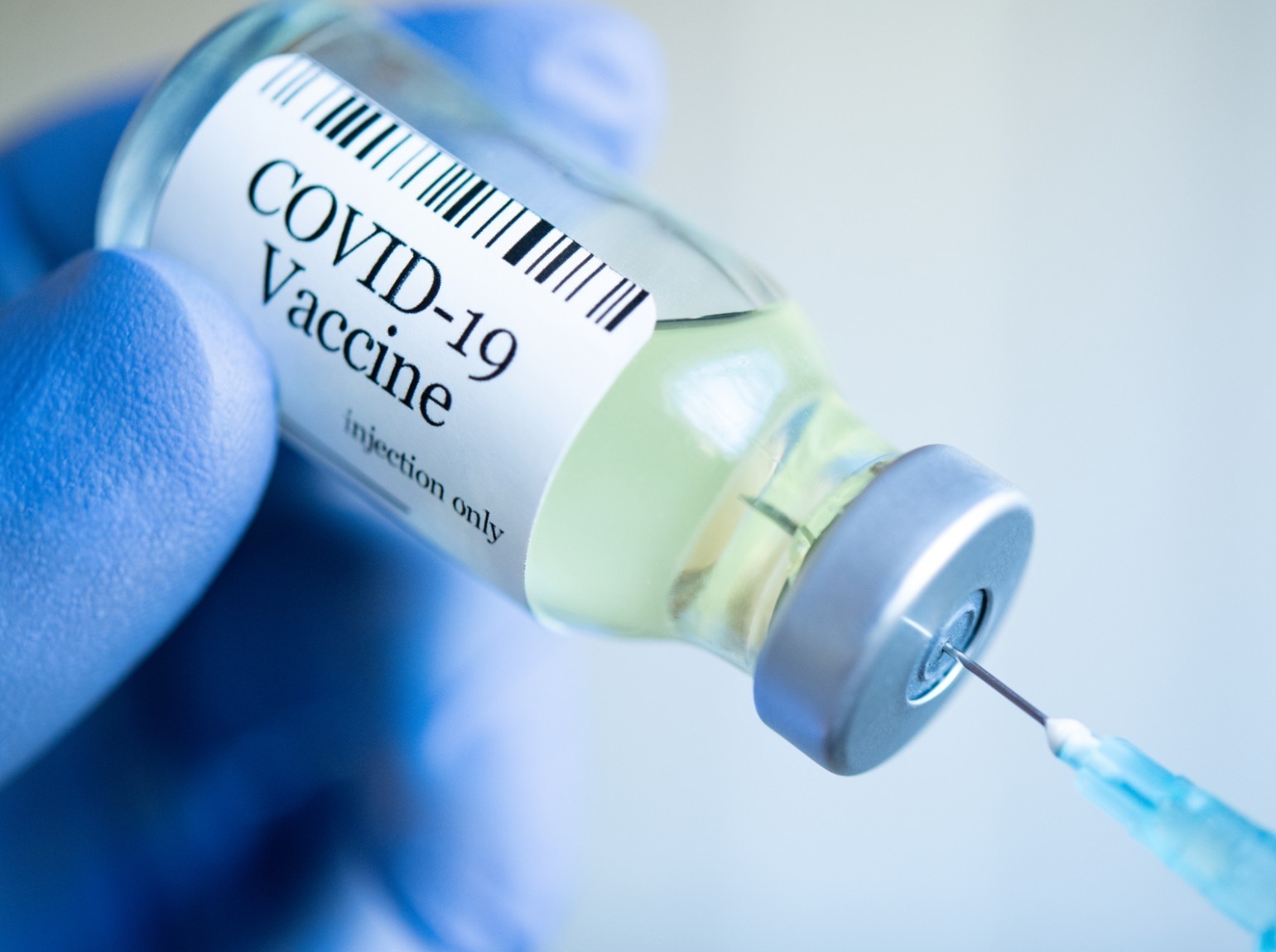By Own Correspondent
BULAWAYO – China has made an official rare admission that its Covid-19 vaccines being administered in various countries including Zimbabwe have a low efficacy rate, and is now considering cross-pollinating different doses to get a boost, according to the country’s top disease control official.
Gao Fu, head of the Center for Disease Control and Prevention told a weekend conference in China that authorities have to “consider ways to solve the issue that efficacy rates of existing vaccines are not high”, Chinese media outlet The Paper reported.
Gao’s comments marked the first time a top Chinese expert has publicly admitted or alluded to the relatively low efficacy of the country’s vaccines, as China forges ahead with local mass vaccinations and exports of its jabs around the world.
Zimbabwe is currently using the Sinopharm and Sinovac vaccines, both Chinese products, and Covaxin from India.
At first, the uptake of the Chinese shots was low as people questioned their safety and effectiveness, but vaccinations have picked up pace lately, though not as much as health authorities would want.
Still, observers say the rare admission of weakness by Beijing will likely cast more doubt about its jabs and sow more seeds of hesitancy across the world.
As of Sunday, 223,492 Zimbabweans had received one or two shots as the country seeks 10 million vaccinations to reach herd immunity.
China has four conditionally approved vaccines, whose published efficacy rates remain behind rival jabs by Pfizer-BioNTech and Moderna, which have 95 percent and 94 percent rates, respectively.
Sinovac previously said trials in Brazil showed around 50 percent efficacy in preventing infection and 80 percent efficacy in preventing cases requiring medical intervention.
Sinopharm’s vaccines have efficacy rates of 79.34 percent and 72.51 percent respectively, while the overall efficacy for CanSino’s stands at 65.28 percent after 28 days.
China has administered around 161 million doses since vaccinations began last year – most people will require two shots – and aims to fully inoculate 40 percent of its 1.4 billion population by June.
But many have been slow to sign up for jabs, with life largely back to normal within China’s borders and domestic outbreaks under control.
Gao has previously stressed the best way to prevent the spread of Covid-19 is vaccination and said in a recent state media interview that China aims to vaccinate 70 percent to 80 percent of its population between the end of this year and mid-2022.
At the conference in Chengdu on Saturday, Gao added that an option to overcome the efficacy problem is to alternate the use of vaccine doses that tap different technologies.
This is an option that health experts outside China are studying as well.
Gao said experts should not ignore mRNA vaccines just because there are already several coronavirus jabs in the country, urging for further development, The Paper reported.
Currently, none of China’s jabs conditionally approved for the market are mRNA vaccines, but products that use the technology include those by US pharma giant Pfizer and German start-up BioNTech, as well as by Moderna.
